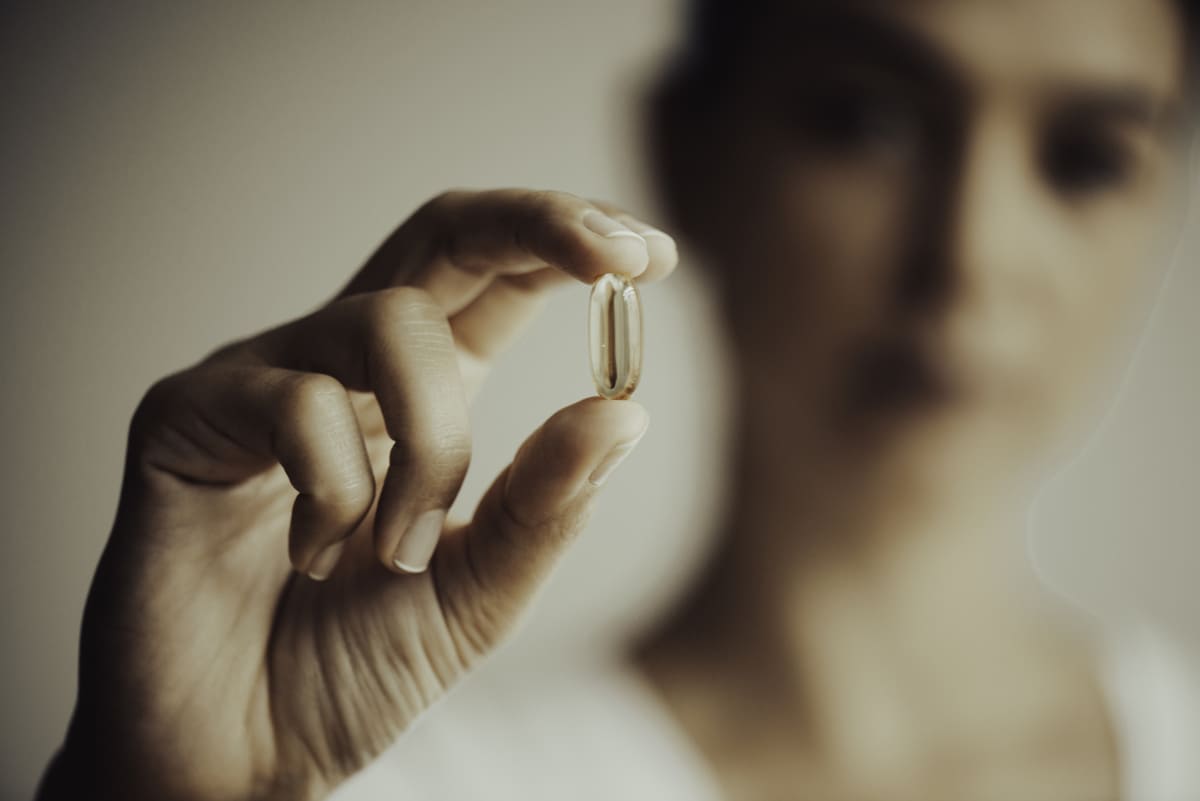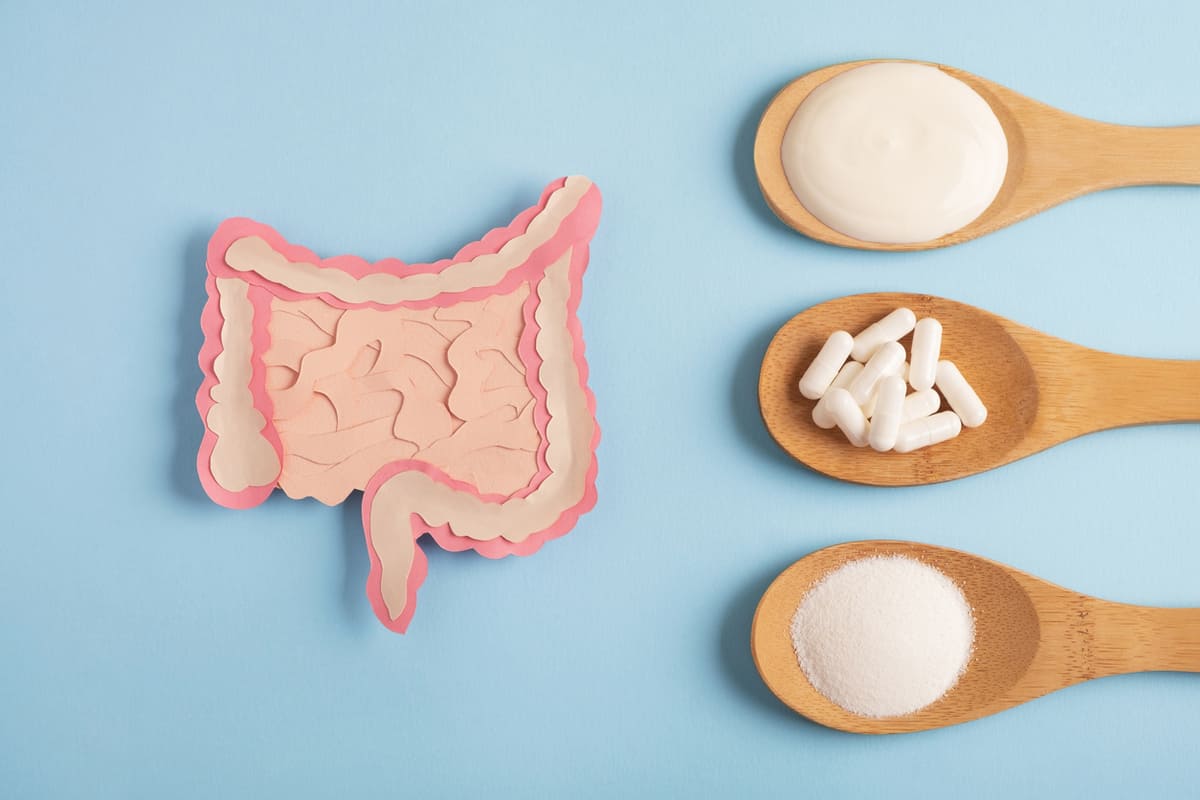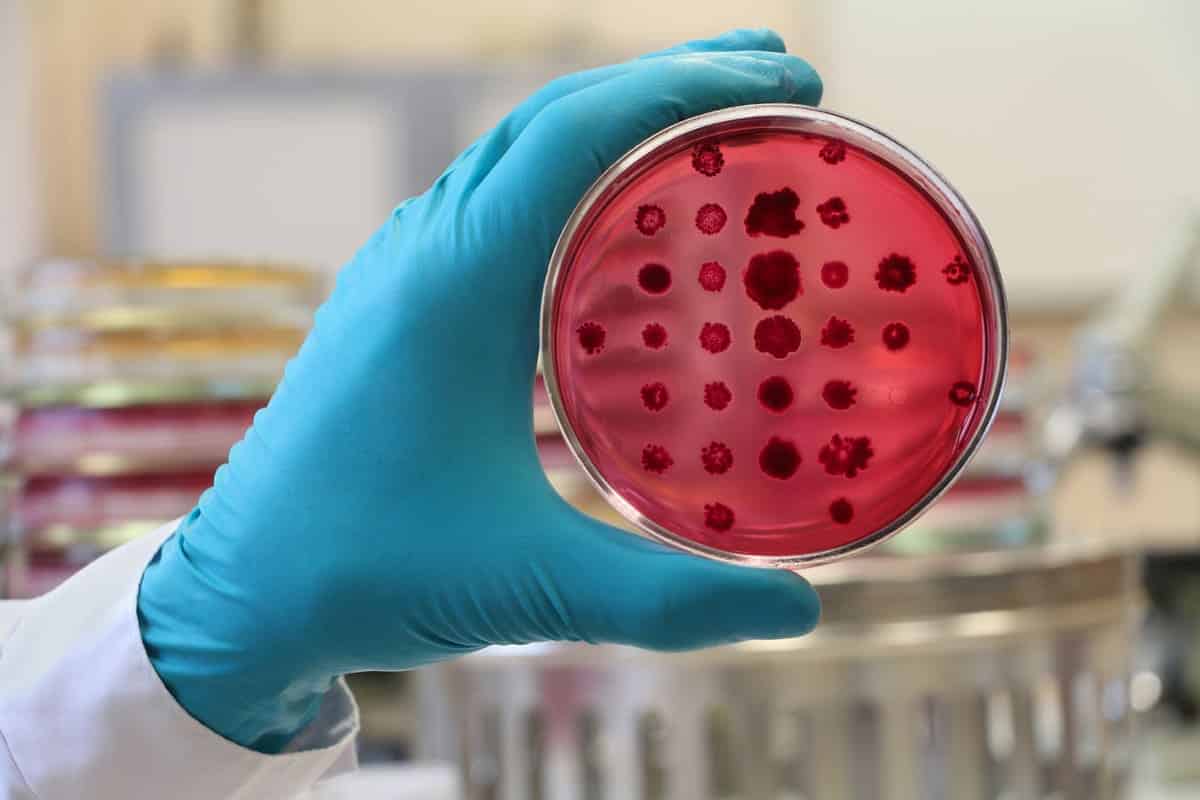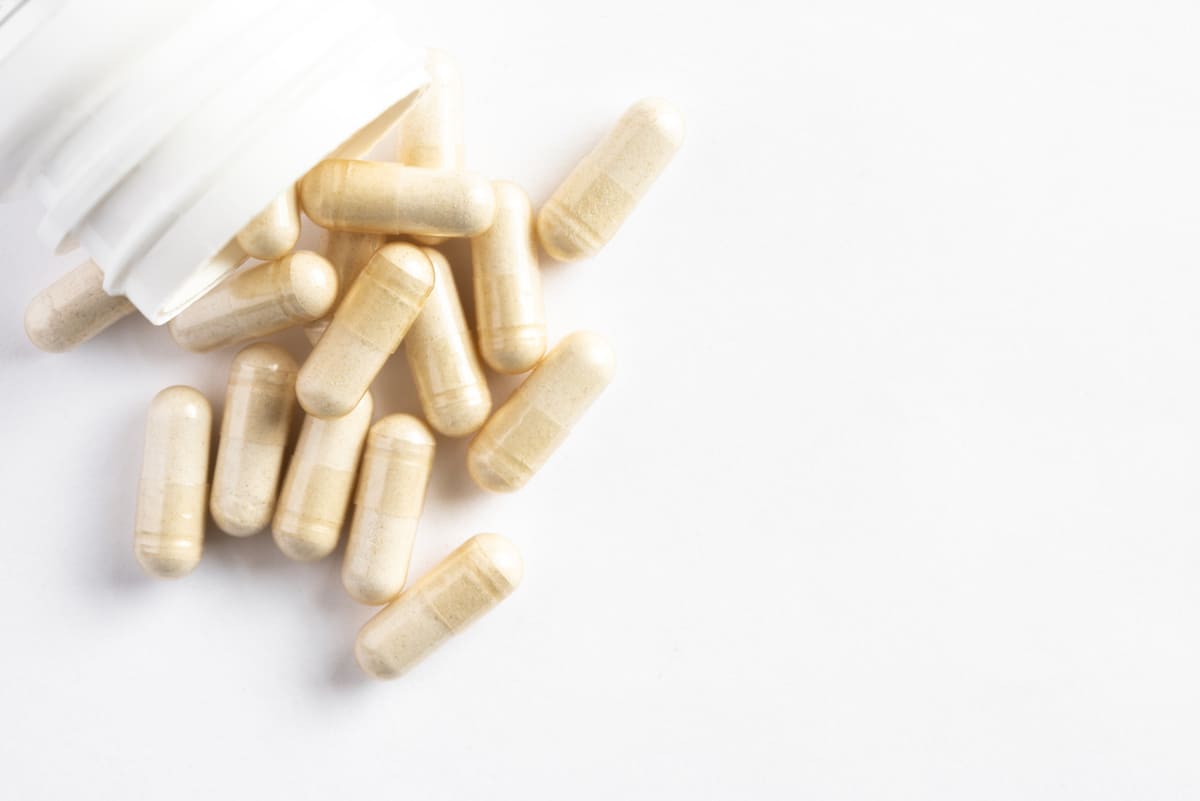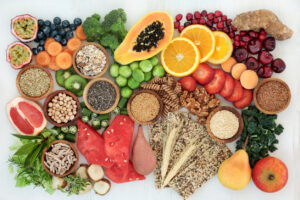Nobody enjoys feeling unwell. One of the best-known ways to remain healthy is to protect yourself from the viruses and bacteria that might make you ill. To do this, we keep our distance from people who might be sick, wash and disinfect our hands, and use disinfecting cleaning products. Not all microorganisms make us sick, however. Many microbes in our bodies, known as probiotics, are crucial to keeping our bodies functioning.
Probiotics, as defined by the World Health Organization (WHO), are “live microorganisms which, when administered in adequate amounts, confer a health benefit to the host.” Many of these beneficial microorganisms are naturally present in our bodies. Beneficial microbes can be found throughout the body but are more concentrated in certain parts of the body. These include the mouth, gut, urinary tract, lungs, and for women, the vagina.
Balancing Act
The natural balancing act between beneficial and harmful microbes in our bodies is happening at all times, whether or not probiotic supplements are added to the diet. Beneficial bacteria improve the body’s functioning in several ways, including:
- Assisting with food digestion
- Bolstering the immune system
- Breakdown and absorb medicines
- Support the cells that line your gut
- Synthesizing vitamins
While these beneficial microbes are naturally present in our bodies, several situations can lead to an imbalance. Some imbalances are caused by an overgrowth of harmful microbes, while others are caused by a deficit in beneficial microbes. Poor dental hygiene can increase the number of harmful bacteria in the mouth, leading to an imbalance. A diet high in processed foods, especially one with added sugar, is shown to not only decrease the number of beneficial microbes in the gut but also to increase inflammation of the intestinal tract. Drinking alcohol on a regular basis (two or more alcoholic beverages per day) or accidentally consuming pesticides on unwashed fruit can have the same result.
Antibiotics, which are commonly prescribed to overcome bacterial infections, are also toxic to the colonies of beneficial bacteria that we harbor. Taking probiotic supplements is often recommended after taking antibiotics to rebalance the system.
Probiotic Benefits for Women
Probiotics are beneficial for both genders, but they may provide slightly more of a benefit for women. Probiotics are often recommended to ease the symptoms of irritable bowel syndrome, a condition experienced by twice as many women as men. In some cases, probiotics may also help alleviate imbalances between beneficial and harmful microbes in the vagina.
* It’s important to note that while some strains of Lactobacillus have shown promise in reducing the overgrowth of microbes when applied as a vaginal suppository, taking probiotics by mouth does not appear to be effective for this purpose.
Common Probiotics
The community of microorganisms that colonize the human gastrointestinal tract, known as the gut biome, is comprised of many organisms. It may include bacteria, viruses, protozoa, and fungi, among other things. To rebalance the gut biome, experts recommend either eating foods naturally high in probiotics or taking a probiotic supplement. Foods high in probiotics include sauerkraut, yogurt, miso, and kimchi,
Food and other supplements are typically made up of one or more of the following:
- Bifidobacterium—Among the first microbes to colonize the human body is Bifidobacterium, previously known as Lactobacillus Bifidus. They are characterized by their ability to ferment carbohydrates.
- Enterococcus—Many strains of enterococcus are less beneficial, causing hard-to-treat infections like UTIs and infective endocarditis. Some strains, like enterococcus faecium, not only produce folate, needed for cell metabolism and division but are also especially good at warding off pathogenic microbes.
- Escherichia—Escherichia, particularly E.coli, is another family of bacteria better known for its ability to cause illness than cure it. Nonetheless, certain strains have been used as a probiotic for over a century to assist in treating infectious diseases.
- Lactobacillus—This is a very popular type of probiotic. This family of bacteria is characterized by their ability to produce lactic acid. Lactic acid assists in glucose production and cell respiration. This is a very commonly utilized family of probiotics, available in multiple forms. It is often recommended as a way to relieve or prevent diarrhea after antibiotics, stomach ulcers, or the overgrowth of microbes in the vagina.
- Saccharomyces—A genus of fungi that is particularly important in food production. Several varieties of yeast are in this genus, including the yeasts used to make wine, bread, and beer. It is frequently used to prevent or treat diarrhea, including rotaviral diarrhea in children.
- Streptococcus—The streptococcus family of bacteria is best known for those strains that cause strep throat, scarlet fever, infections, and pneumonia. Some strains of streptococcus are extremely helpful in digesting less common components of the diet. Streptococcus thermophilus, in particular, specializes in breaking down proteins and lipids.
We are learning more and more about the way that the gut biome affects our overall health every day. It’s crucial for everything from supporting our digestive system to ensuring our medications work the way they are supposed to. Eating foods rich in probiotics and employing probiotic supplements can help keep your gut biome in balance, even when outside circumstances threaten that balance.
Check out some top probiotic options:

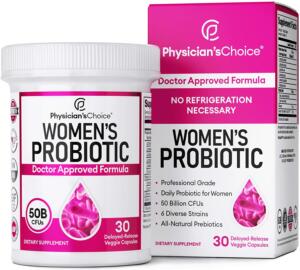
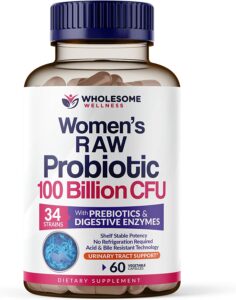
Read Next:
12 Top Wellness Supplements for Mature Women

